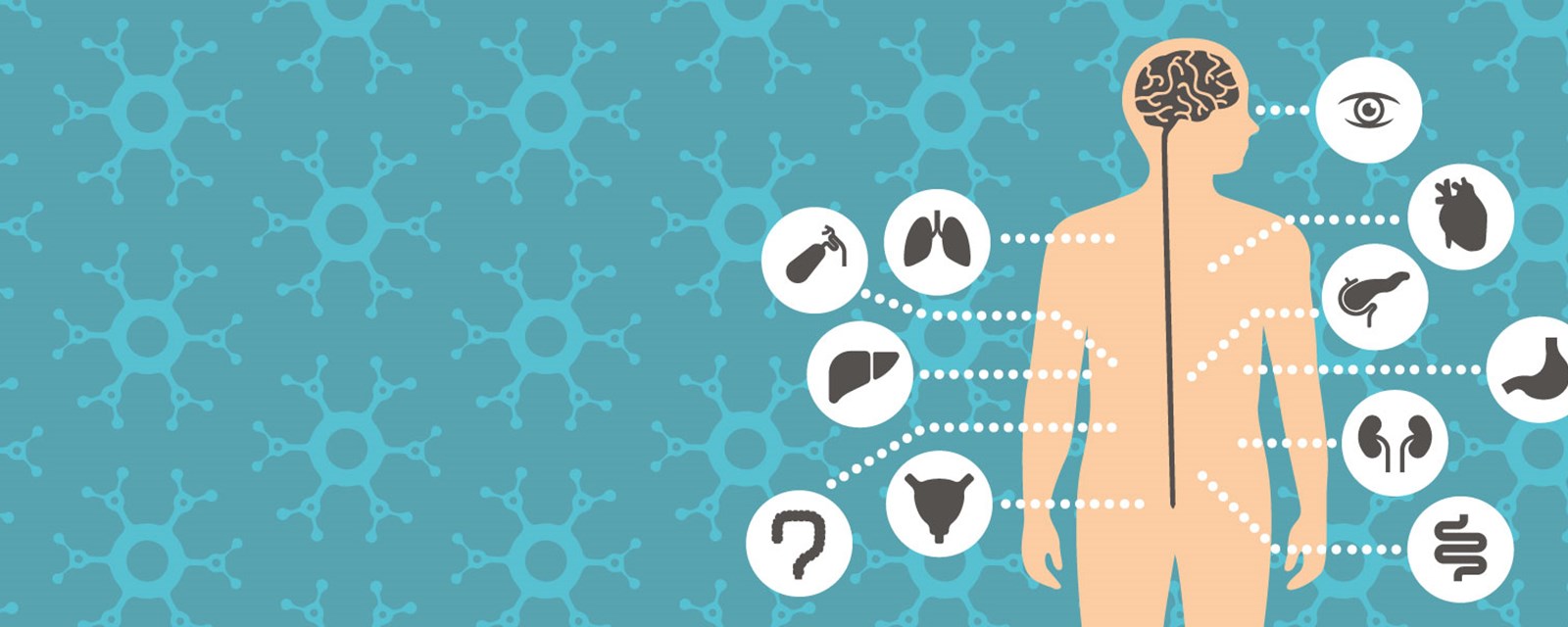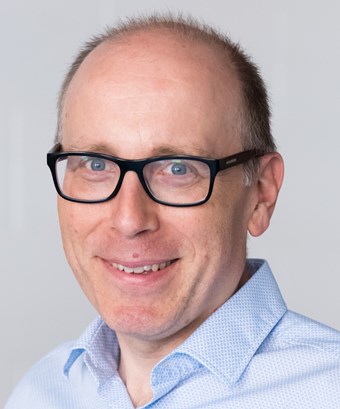Professor Hugo Critchley
Chair of Psychiatry, University of Sussex
Speaker's biography
Hugo Critchley is the Professor of Psychiatry at Brighton and Sussex Medical School (BSMS) and head of the BSMS Department of Neuroscience. Since 2010, he has co-directed the University of Sussex Sackler Centre for Consciousness Science with Prof Anil Seth. Hugo’s research focuses on body-brain interaction in health and across psychiatric disorders. Clinically, Hugo is a neuropsychiatrist and works within a clinical service for adults with neurodevelopmental conditions, including autism, ADHD and tic disorders.
Hugo trained in Physiology and Medicine at the University of Liverpool before completing a Doctorate in Psychological Studies at the University of Oxford. He combined research with psychiatry/neuropsychiatry training at the KCL Institute of Psychiatry then through fellowships held at the UCL Institute of Neurology, where he developed expertise in neuroimaging and clinical autonomic science. Hugo moved from to Sussex as (foundation) Professor of Psychiatry at BSMS in 2006.
Follow Hugo on Twitter: @CritchleyHugo



